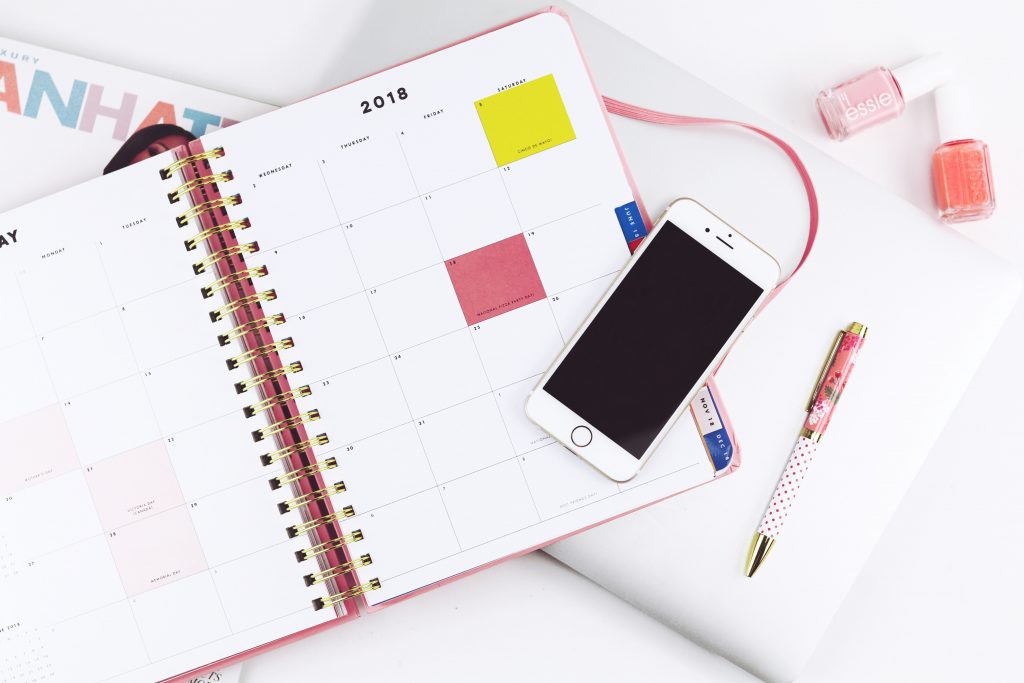There are probably as many tips for dealing with worry as there are for treating hiccups. In the current uncertain pandemic scenario worry is a very normal emotion.
Here are some tips to manage worry:
Exercise

Run for about two kilometers or any other form of intense excercise. Afterwards you will feel less worried. Exercise reduces tension, drains excess aggression and frustration, enhances a sense of well-being, improves sleep, and aid concentration. This is almost guaranteed. It is probably the best natural anti-worry agent we have.
Breathe

Controlled breathing can reduce worry. For example, taking a deep breath and letting it out slowly can provide temporary relief. Taking a series of deep breaths can do it even better. You can even get training in advanced breathing techniques to help manage worry.
Make connections

Be part of something larger than yourself. Connect with family, friends, organizations, your neighborhood, church and work. By increasing your connections in life, you will increase your feeling of strength and reduce your sense of vulnerability. Have dinner with your family. Read aloud to your children. Talk to your neighbors. Connecting is the one remedy above all other in combating worry.
Talk to God

Pray everyday. Studies have found lower rates of depression among those who believe in God. As the saying goes, “Let go and let God.” Let go on your impossible need for control. If you are not religious, meditate. Prayer and meditation help us keep things in perspective. They calm our minds.
Add structure to your life

Many everyday worries are related to a feeling of lack of control. What have I forgotten, lost, overlooked, etc.? To remedy this, compose lists. Write a daily schedule. Put a basket next to the front door for your car keys, so you don’t start your day with a frantic search. That basket is worth a carton of Valium you might take to combat the anxiety you feel over losing your keys again and again. These concrete bits of structure can dramatically reduce the time spent each day in useless or destructive worry.
Do something you like

It is almost impossible to worry destructively if you are engaged in a task you enjoy.
Avoid the news

The media love bad news and lacerate us everyday with upsetting stories. If you do not limit the amount of news you consume, you are likely to overdose on worry.
Don’t drink

Alcohol and other drugs may render you much less capable of dealing with worry because they can make you depressed. And they can cause you to do things that will give you a lot to worry about later.
Get Physical

People do better if they are touched and hugged regularly. We are social species. We don’t do well in isolation. Find someone you like a lot and hug them often. Your children are particularly wonderful to hug.
Get up

Disengaged from toxic worry the minute you feel it wrapping itself round you. You must do this deliberately. Get out of your chair. Walk around. Talk to a friend. Talk to a friend. Do not settle into worry. The longer you let worry last, the harder it becomes to escape it.
Let music in

In ways we don’t yet understand, music reduces tension and anxiety while often improving performance. Make your home a place of music. Sing. It’s bard to worry and sing at the same time. If you want a suggestion, try this old song: “What’s the use of worrying? It never was worthwhile. So pack up your troubles in your old kit bag. And smile, smile, smile.”
Have a good cry.

Sometimes worry is a form of pent-up sadness.
Sometimes what you really need and want to do is let it go in a torrent of tears. A good can wash away bad worry.
Laugh.

As much as you can. Humor is one of the best ways of dealing with worry or stress in life. It is OK to laugh, even when times are tough. Toxic worry almost always entails a loss of perspective; humor almost always restores it.
It’s all small stuff!

Finally, don’t sweat the small stuff And remember, from the widest perspective, it’s all small stuff.
Have you practiced any of the tips above? Do you have any other tips for dealing with excessive worry?






